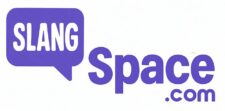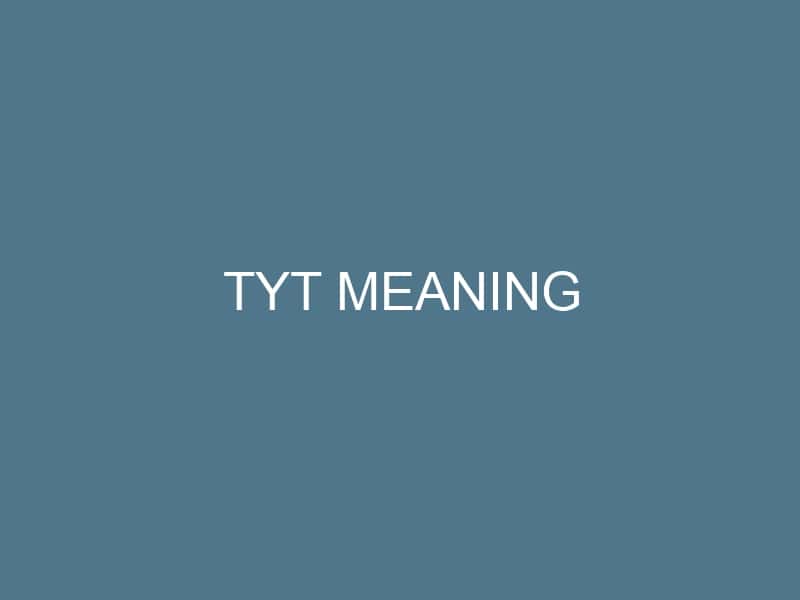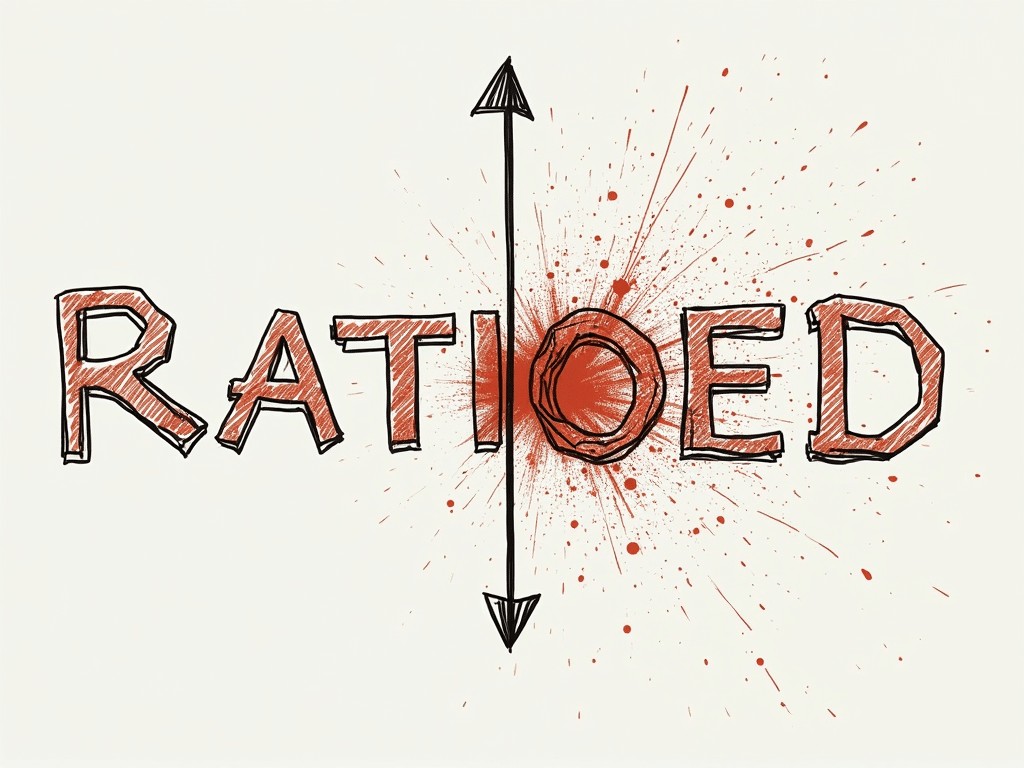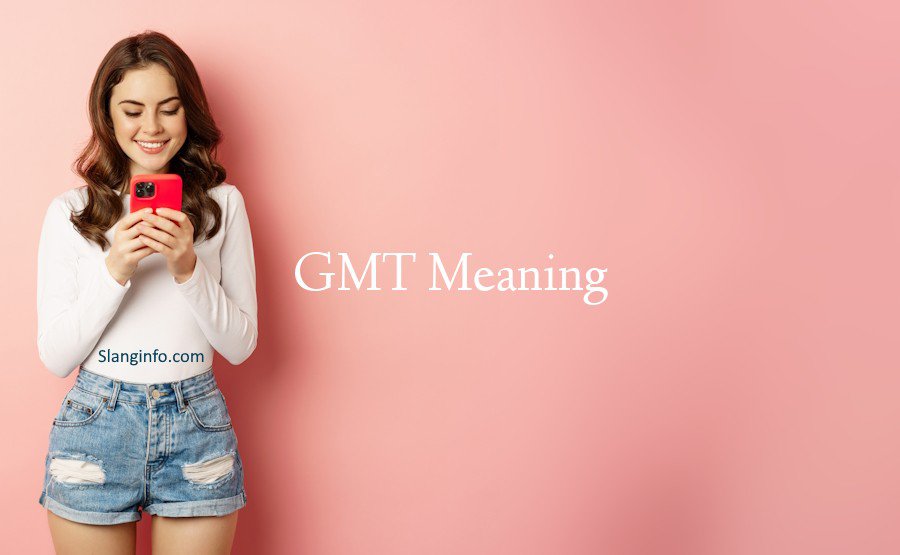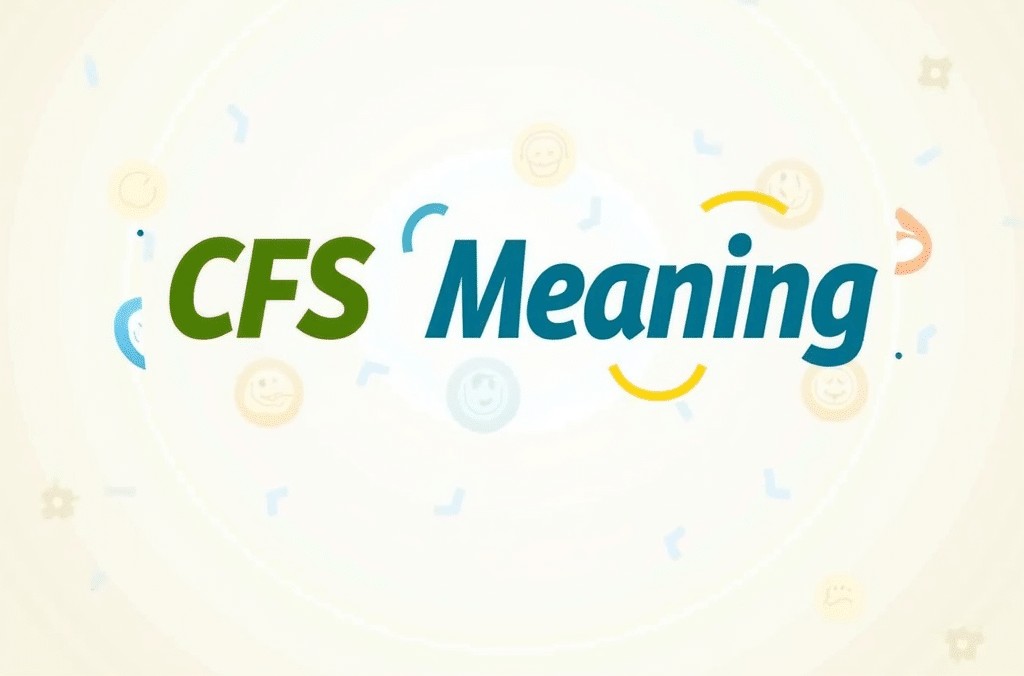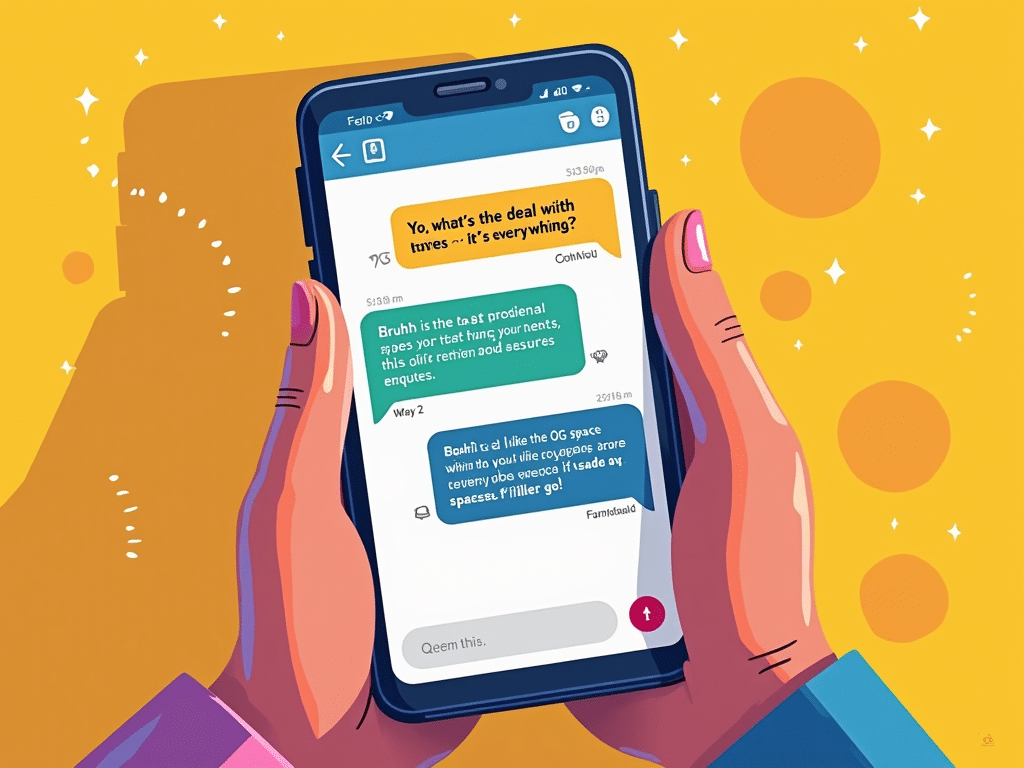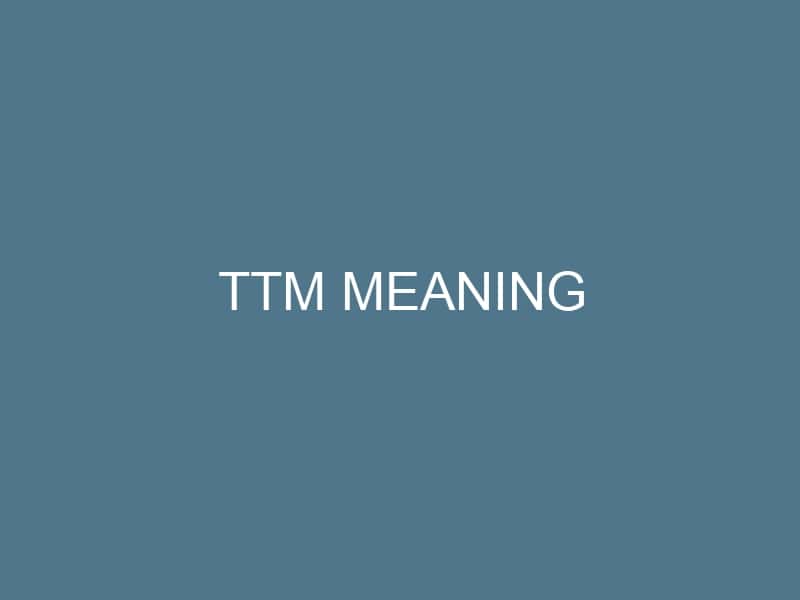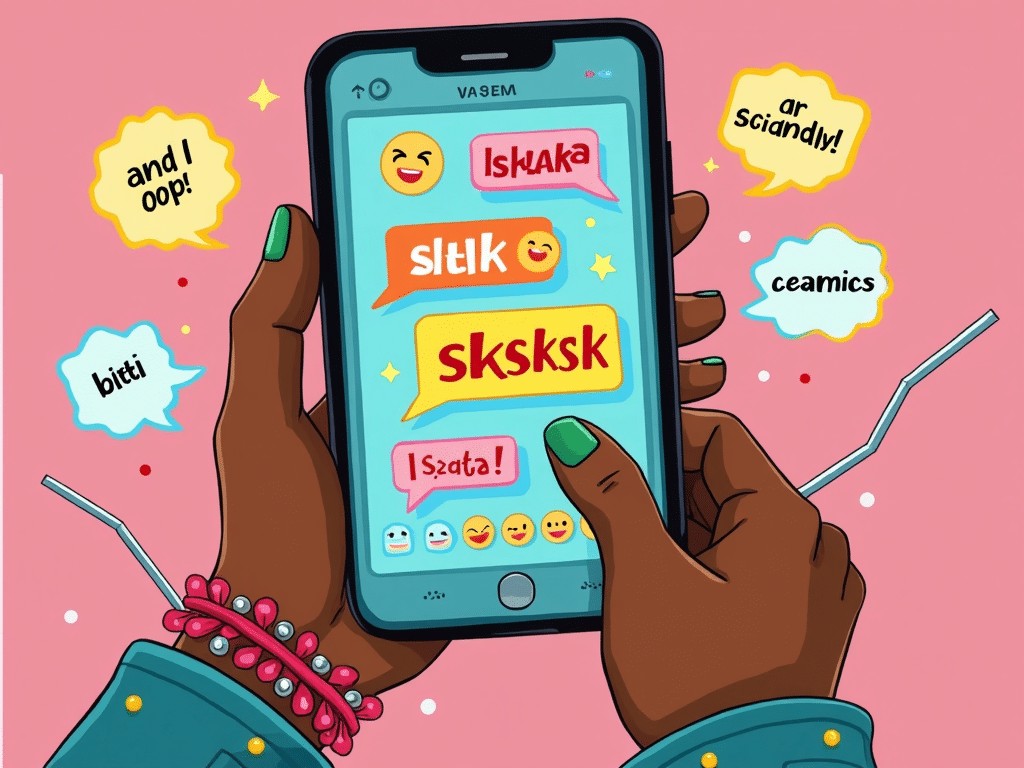Ever stumbled across OOP and wondered if it’s some new dance move on TikTok? 🤔 Spoiler alert: it’s way cooler and not nearly as sweaty. OOP stands for Object-Oriented Programming, and it’s the backbone of many apps and games you love. Let’s break down what OOP means and why it’s the key to coding success!
Understanding OOP
Object-Oriented Programming, or OOP for short, is a programming style that puts the spotlight on objects rather than actions. Think of it as creating digital replicas of everything, from animals to your favorite characters, all while keeping your coding slick and tidy. Why does this matter? Mastering OOP is like snagging VIP access to the coding universe! 🌌
| Meaning | A programming paradigm focusing on objects representing real-world entities. |
| Usage | Refers to how software is organized and developed in various programming languages. |
| Example | A Dog class inheriting from an Animal class illustrates OOP principles. |
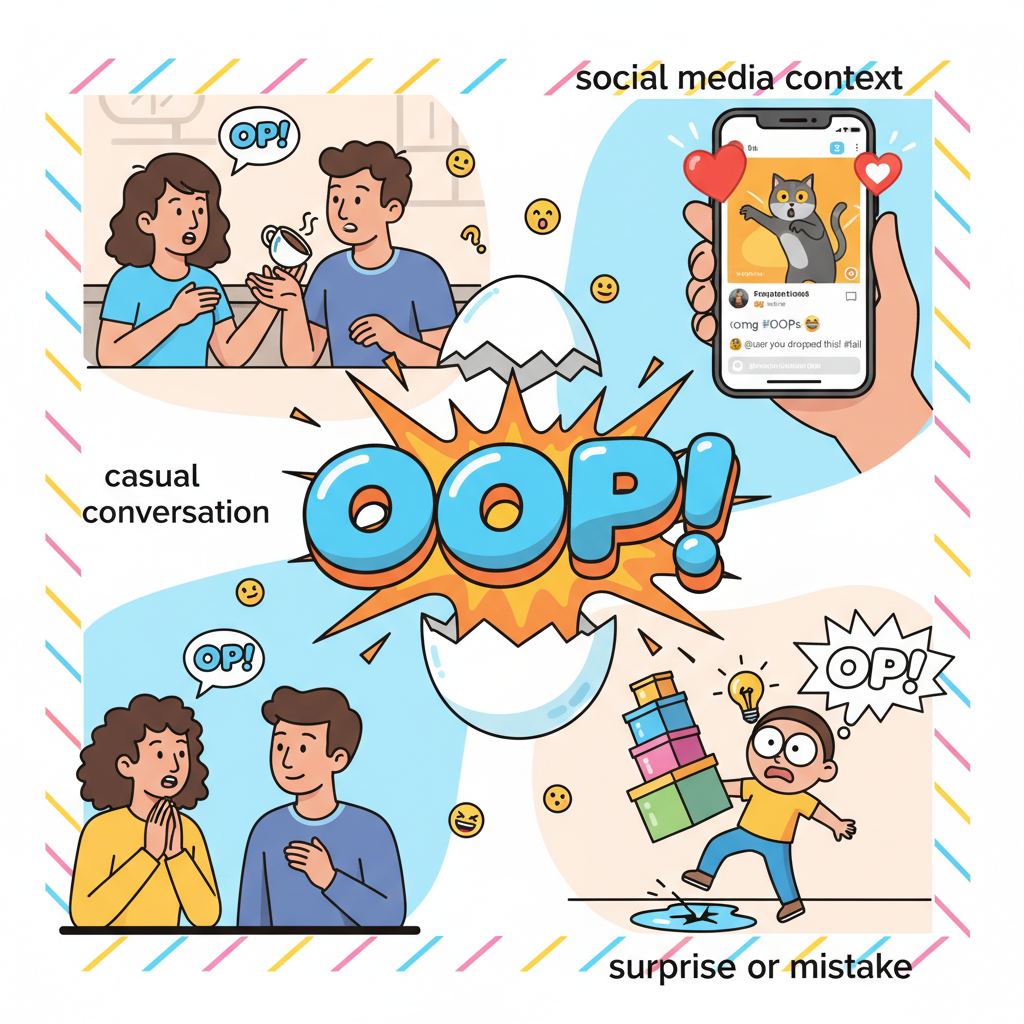
What Does OOP Mean?
So, what’s the deal with OOP? At its core, it’s a way of organizing code that emphasizes the use of objects—entities that bundle together data and the functionalities that operate on that data. Imagine an app that organizes playlists; each playlist acts as an object, containing songs (the data) and methods to add or remove those tunes. This lets developers keep things organized and intuitive, cutting down on code chaos!
OOP Meaning in Text
When you see OOP popping up in texts or chats, it usually refers to Object-Oriented Programming. You might find it in coding conversations or even in memes celebrating the highs and lows of programming life. It’s basically a way for coders to flex their knowledge and connect with others who are in-the-know. So, when next you hear “OOP,” you can totally nod along, acting like a coding wiz! 😉
OOP Meaning in Instagram
On platforms like Instagram, OOP might show up in posts about coding tips or memes about programmer struggles. A tech influencer might share a graphic explaining OOP principles, translating complex concepts into bite-sized, shareable content. Think cool coding quotes set against a backdrop of code snippets—perfect for both aesthetic and educational value!
OOP Meaning in TikTok
In the TikTok universe, OOP can surface in coding challenges or educational videos where creators break down how to use OOP in various programming languages. Picture a catchy tutorial sound with a clip showing how to build an object and its properties—a fun way to learn while scrolling through your For You Page!
OOP Meaning in Reddit
Reddit threads often go deep into OOP discussions, from beginner queries to advanced programming help. You might stumble upon a post titled “What’s the best way to implement OOP in Python?” with tons of community members chiming in with their experiences and knowledge. It’s all about sharing wisdom while basking in the glow of friendly debate.
Popularity & Trends
OOP isn’t just a passing trend; it’s a foundational concept in programming. It originated in the 1960s but truly took off in the ’90s with the rise of programming languages like Java and C++. These languages made OOP accessible and practical for developers tackling complex software projects, solidifying its place in the coding toolkit. Nowadays, OOP is embraced for its ability to enhance code readability and maintainability—dream qualities for any coder! 🔥
Examples of OOP in Real Life
Let’s dive into some relatable examples that bring the concept of OOP to life:
- Gaming: Think about your favorite video game. Each character is treated as an object, complete with attributes like health and power levels, as well as methods to perform actions like jump or attack. This structured approach allows developers to create intricate game dynamics while keeping the code organized!
- Social Media Apps: Imagine a social media platform—every user profile, complete with images, posts, and comments, acts as an object. Developers use OOP principles to manage these interactions, ensuring everything runs smoothly and is easy to navigate.
Conclusion
To wrap it up, understanding OOP is essential for anyone eager to explore the exhilarating world of software development. The core principles—encapsulation, abstraction, inheritance, and polymorphism—lay the groundwork for building flexible and efficient code. As technology continues to shape our lives in amazing ways, mastering OOP keeps you ahead in the coding grind. Whether creating apps or dreaming up the next viral game, the future shines bright for those who embrace Object-Oriented Programming! 🌟 Check out more slang terms on SlangSpace.com to keep your digital slang dictionary fresh!
